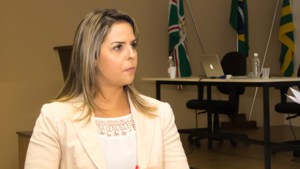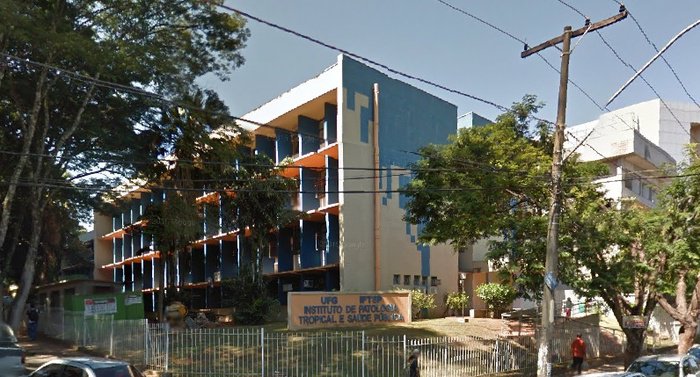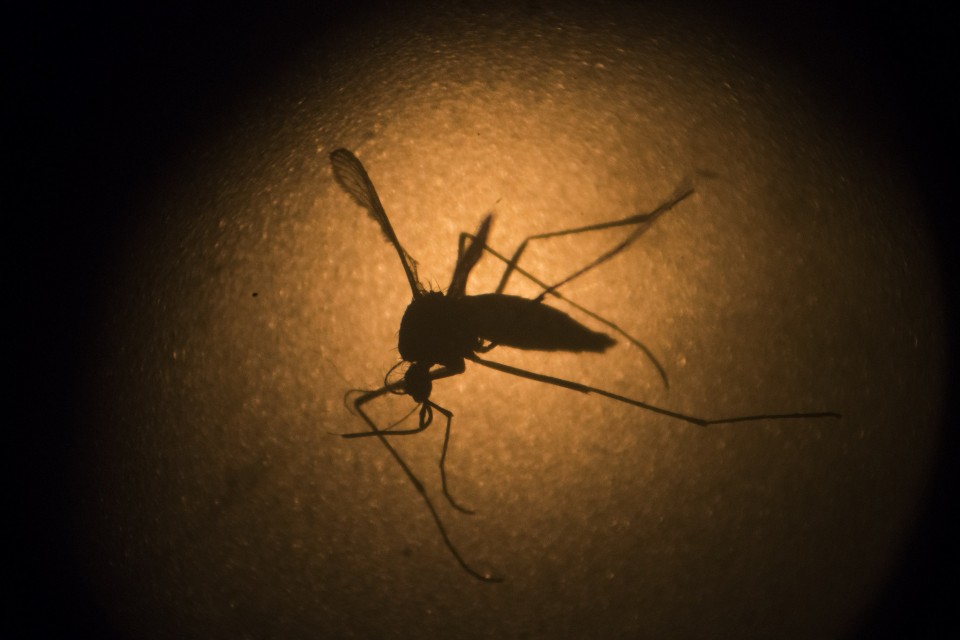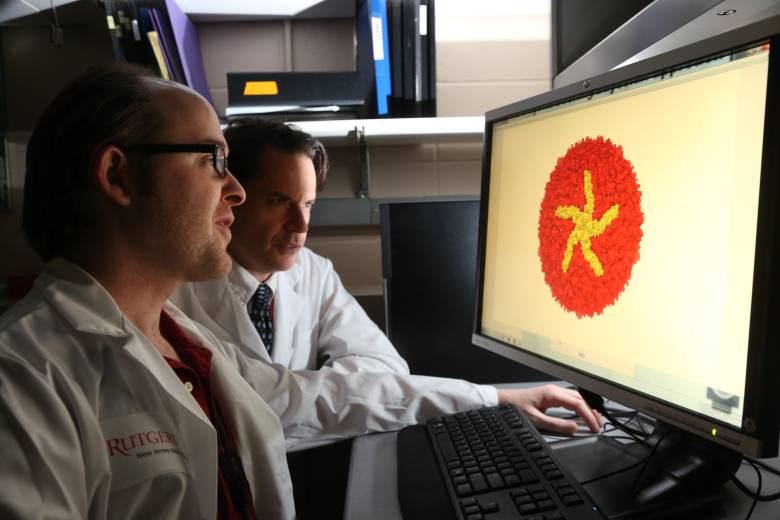A UFG está liderando uma pesquisa global sobre o zika vírus e você pode ajudar
Não precisa doar tempo, nem dinheiro, nem ser um grande cientista; Veja como contribuir com o projeto OpenZika
A Universidade Federal de Goiás, em parceria com o World Community Grid e cientistas de vários países lançou na manhã desta quinta-feira (19/5) o projeto OpenZika, um estudo desenvolvido para identificar possíveis medicamentos antivirais para combater o vírus zika, responsável por uma epidemia de microcefalia em bebês de todo o Brasil.

























